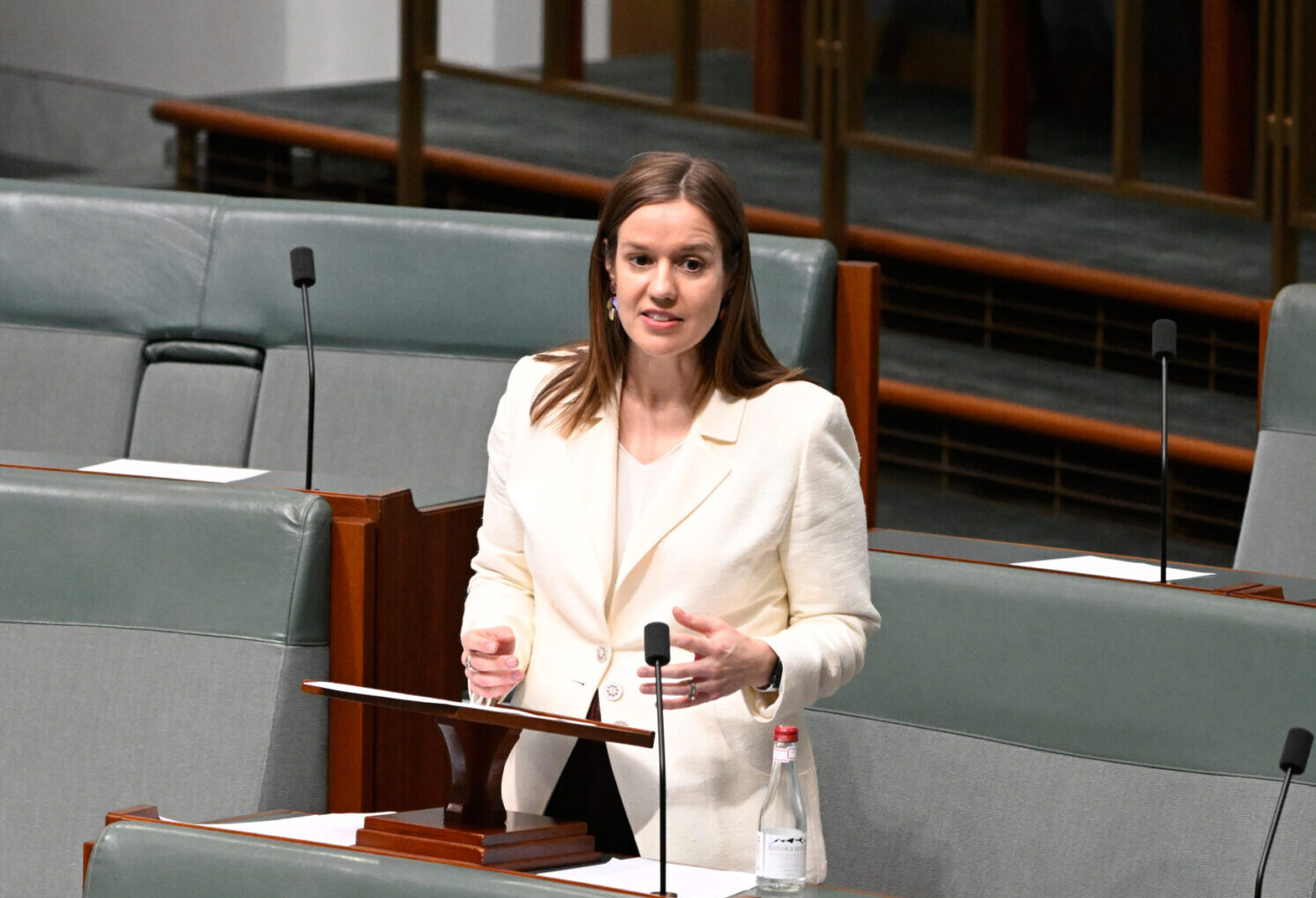I present the report of the Australian parliamentary delegation to Germany and the 68th annual session of the NATO Parliamentary Assembly, at Berlin and Madrid, from 13 to 21 November 2022. I ask leave of the House to make a short statement in connection with the report.
The principles of supporting democracy, upholding the rule of law and promoting peace and security are very important to Australia, and they’re ones that we share with our friends and allies in NATO. Together with the member for Hinkler, I was pleased to have the opportunity to take a parliamentary delegation to attend the NATO Parliamentary Assembly in Madrid last November, as well as a visit to Germany.
Australia is not a member of NATO, but it’s a recognition of the regard with which our country is held that we were invited to participate in what was the first in-person assembly held since the onset of the pandemic. The invitation was extended to Australia, as well as other members of what is now called the AP4: South Korea, Japan and New Zealand, to both opportunities like the assembly as well as opportunities such as on the scale of the leaders’ summits that our Prime Minister has been invited to. These do provide us with important opportunities to share the Australian perspective on the world and to understand what is happening with our allies in NATO.
Of course, the Prime Minister will visit Lithuania next month for the upcoming leaders’ summit, with a focus to again reinforce Australia’s support for the global norms that NATO helps to uphold, and to demonstrate our country’s solidarity with Ukraine as Russia’s illegal and immoral invasion of that country continues. Certainly, those were messages that the member for Hinkler and I did our best to convey while part of this delegation. These issues were discussed at the assembly in November last year. While Australia is not a voting member of NATO, our invitation enabled us to fully participate in the various sessions and activities of the parliamentary assembly. As you’d expect, NATO’s response to Ukraine dominated discussions, and as part of this Australia’s support for Ukraine was recognised and appreciated by NATO members. Other topics that were relevant and that featured in discussions included the rise of cyber based warfare, the importance of defending democracy, technological developments around the world and the strategic importance of the Indo-Pacific region—and I know that’s of particular importance to many in this parliament.
Prior to visiting the NATO assembly, the delegation visited Berlin. This trip was a chance to highlight Australia’s close relationship with Germany, a relationship that spans many decades, a long time; our alignment in upholding international norms and the rules based order, for all those reasons that I have just outlined; and our defence links and our emerging links in facilitating the transition to cleaner and greener energy. Certainly this was an area that many people that we met with in Germany both from a political side and from a business and industry side were particularly interested in exploring with us: the potential for Australia and Germany to work together as our country seeks to be a renewable energy superpower and as Germany seeks to benefit from that. It was a very productive trip to Germany and an excellent chance to make some of those connections.
I would like to close by noting my thanks to all those involved in the success of this delegation, including Australian Ambassador to Germany, Philip Green, and his team at the Australian embassy in Berlin; Australia’s Ambassador to Spain, Sophia McIntyre, and her team at the embassy in Madrid; and the team at the International and Parliamentary Relations Office and the delegation secretary, Joel Bateman, for their efforts in organising and supporting the visits. Thank you.
